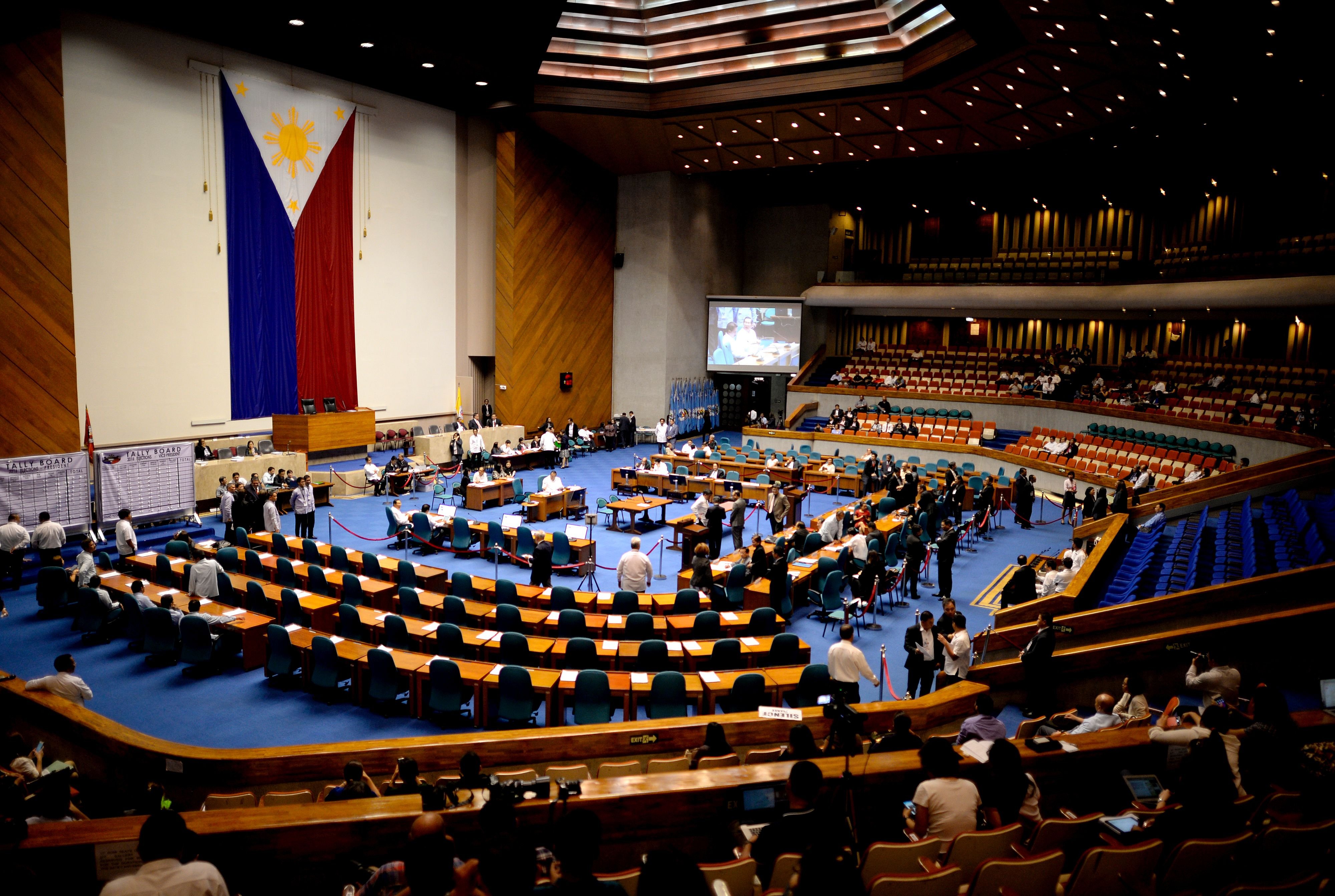An in-depth look at the enduring patterns of corruption in Philippine politics, the massive scandals that have triggered public outrage, and the fragile path toward meaningful reform.

Doe
Reporter

Corruption remains a significant issue in the Philippines, affecting various sectors and undermining public trust in government institutions. Despite efforts to combat this problem, systemic corruption continues to impede the country's development and exacerbate social inequalities.
According to Transparency International's Corruption Perceptions Index (CPI) 2024, the Philippines scored 33 out of 100, ranking 114th out of 180 countries. This score indicates a high level of perceived corruption in the public sector, with the country below the global average of 43 and the Asia-Pacific regional average of 44. The Philippines' score has remained stagnant since 2021, reflecting persistent challenges in addressing corruption effectively.
Several high-profile corruption cases have come to light in recent years, involving government officials and large-scale infrastructure projects:
The persistent nature of corruption has led to widespread public dissatisfaction and calls for reform. In September 2025, tens of thousands of Filipinos participated in protests across Manila and other cities, demanding accountability and systemic change. Civil society organizations, religious groups, and business leaders have joined forces to advocate for stronger anti-corruption measures and greater transparency in government operations.
In response to public outcry, President Marcos established an independent commission to investigate the flood control projects scandal and other corruption cases. The commission aims to hold accountable those responsible for misappropriating public funds and to restore public trust in government institutions.
Corruption continues to be a formidable challenge in the Philippines, affecting various sectors and hindering national development. While recent investigations and public mobilization efforts signal a growing demand for accountability, sustained political will and institutional reforms are essential to address the root causes of corruption and promote good governance.
Be the first to share your thoughts!